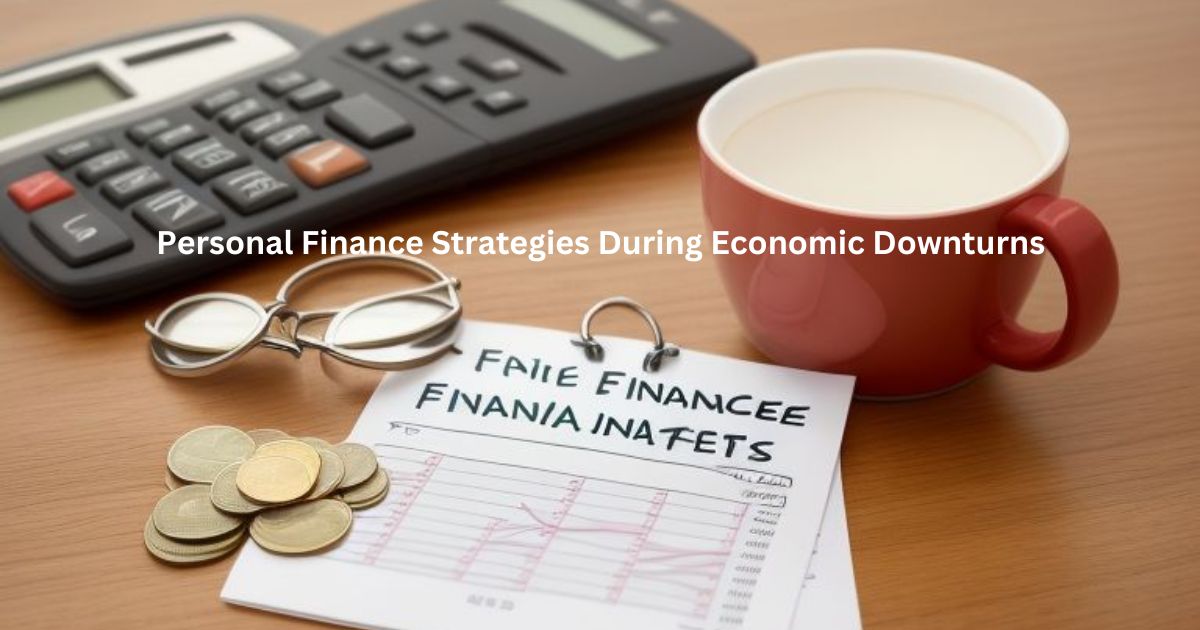
When you swipe your credit card for a purchase, the last thing you want is to feel cheated or dissatisfied with the product or service. Fortunately, credit card companies offer a safety net: the chargeback process. This allows consumers to dispute charges and potentially receive a refund. However, while this might sound like a win for consumers, the hidden costs of credit card disputes can be significant.
The True Cost of Credit Card Disputes
Most consumers are unaware that initiating a credit card dispute can lead to various costs and consequences. Here’s a deeper look into how these credit card disputes can affect both consumers and businesses:
Fee Accumulation for Merchants
Every time a customer disputes a charge, the merchant is hit with a chargeback fee. These fees can range from $20 to $100 per transaction, depending on the credit card processor. For small businesses, these fees can quickly add up, significantly impacting their bottom line.
Price Increases for Consumers
To counteract the financial hit from credit card disputes, businesses may raise their prices. This means that all consumers end up paying more, regardless of whether they have ever filed a dispute. Higher prices can be a direct result of trying to cover the costs associated with frequent credit card disputes.
Risk of Account Termination
Merchants with high chargeback rates risk having their accounts terminated by credit card processors. This can be catastrophic for a business, leading to lost sales and, in some cases, closure. For consumers, this means fewer options in the market and potentially higher prices due to reduced competition. The ripple effect of account terminations can be significant in local economies, affecting employment and services.
Impact on Credit Scores
While credit card disputes themselves don’t directly affect your credit score, the underlying issues leading to disputes might. For example, if a chargeback stems from financial mismanagement or fraud, it could be a sign of deeper credit issues. Frequent credit card disputes might also flag you as a high-risk customer to credit card companies, potentially leading to higher interest rates or reduced credit limits. Credit card companies may see repeated disputes as a sign of instability or financial irresponsibility.
Strain on Customer Relationships
For businesses, handling credit card disputes can strain relationships with customers. Even when disputes are resolved in favor of the merchant, the process can leave customers feeling frustrated or alienated. This can lead to lost future business and negative reviews, further impacting the merchant’s reputation and revenue.
Administrative Costs
Handling credit card disputes involves a significant amount of administrative work. Businesses need to gather evidence, respond to disputes, and sometimes engage legal help. This takes time and resources away from other important business activities, reducing overall efficiency and productivity. The administrative burden can be particularly heavy for small businesses that may not have dedicated staff to manage such issues.
The Psychological Toll
For both consumers and merchants, the process of dealing with credit card disputes can be stressful. Consumers may feel anxious about getting their money back, while merchants might worry about the financial and reputational impact. This stress can take a psychological toll, affecting overall well-being and business morale.
How to Minimize Credit Card Disputes
To avoid the negative impact of credit card disputes, both consumers and merchants can take proactive steps:
For Consumers:
- Understand Policies: Ensure you understand the return and refund policies of businesses before making a purchase. Knowing the terms can prevent misunderstandings and disputes.
- Direct Resolution: Try to resolve issues directly with the merchant before resorting to a credit card dispute. Often, merchants are willing to work out a solution to avoid the hassle and cost of credit card disputes.
- Monitor Statements: Regularly monitor your credit card statements to catch any unauthorized charges early. Prompt action can prevent the need for a credit card dispute and reduce stress.
For Merchants:
- Clear Policies: Provide clear and transparent policies regarding returns and refunds. Ensure these policies are easily accessible and communicated to customers at the point of sale.
- Customer Service: Maintain high standards of customer service to address and resolve complaints swiftly. Good customer service can turn a potential dispute into a satisfied customer.
- Fraud Prevention: Implement robust fraud prevention measures to protect against unauthorized transactions. Use advanced technology and train staff to recognize and prevent fraudulent activities.
Additional Tips for Merchants:
- Regular Audits: Conduct regular audits of transactions to identify and address any potential issues before they escalate.
- Documentation: Keep thorough records of all transactions, communications with customers, and any actions taken to resolve disputes.
- Education: Educate your staff about the chargeback process and best practices for preventing disputes.
You May Interested to Read: Teaching Financial Literacy to Children: A Father’s Guide to Raising Money-Smart Kids
FAQs About Credit Card Disputes
What is a credit card dispute?
A credit card dispute is a reversal of a credit card transaction, initiated by the consumer’s bank. It occurs when a customer disputes a charge and the bank investigates the claim.
How long does the credit card dispute process take?
The credit card dispute process can take anywhere from a few weeks to several months, depending on the complexity of the case and the responsiveness of both parties involved.
Can a credit card dispute be reversed?
Yes, a credit card dispute can be reversed if the merchant provides sufficient evidence to dispute the claim. This process is known as a “representment.
What are common reasons for credit card disputes?
Common reasons include unauthorized transactions, goods not received, goods significantly not as described, and billing errors.
How can I avoid credit card disputes as a consumer?
To avoid credit card disputes, always review terms and conditions before making a purchase, keep records of your transactions, and communicate with merchants to resolve issues directly.
What happens if a merchant does not respond to a credit card dispute?
If a merchant does not respond to a credit card dispute, the dispute is typically resolved in favor of the consumer, and the merchant may be charged additional fees.
Are credit card disputes the same as refunds?
No, credit card disputes and refunds are different. A refund is issued directly by the merchant, while a credit card dispute is initiated by the consumer’s bank after a dispute.
How do credit card disputes affect merchants financially?
Beyond the immediate loss of revenue, merchants incur chargeback fees, potential increases in processing rates, and the risk of account termination.
Can frequent credit card disputes affect my credit limit?
While credit card disputes themselves don’t directly affect your credit limit, frequent disputes might lead credit card companies to view you as a high-risk customer, which can result in reduced credit limits or higher interest rates.
What should I do if I suspect a fraudulent charge?
If you suspect a fraudulent charge, contact your credit card issuer immediately to report the issue and discuss the next steps, which may include initiating a credit card dispute.
Conclusion
While credit card disputes are a crucial tool for protecting consumers, they come with hidden costs that affect everyone. By understanding these costs and taking steps to minimize disputes, consumers can enjoy better prices and merchants can maintain healthier financial standings. Next time you consider disputing a charge, remember the broader impact it could have and try to resolve the issue amicably whenever possible.
Read more: Personal Finance Strategies for Freelancers
Original Soruce: JSW




